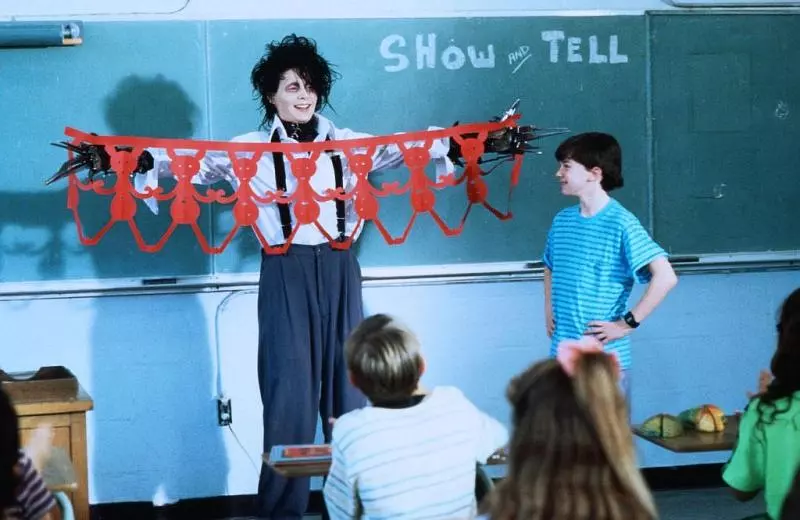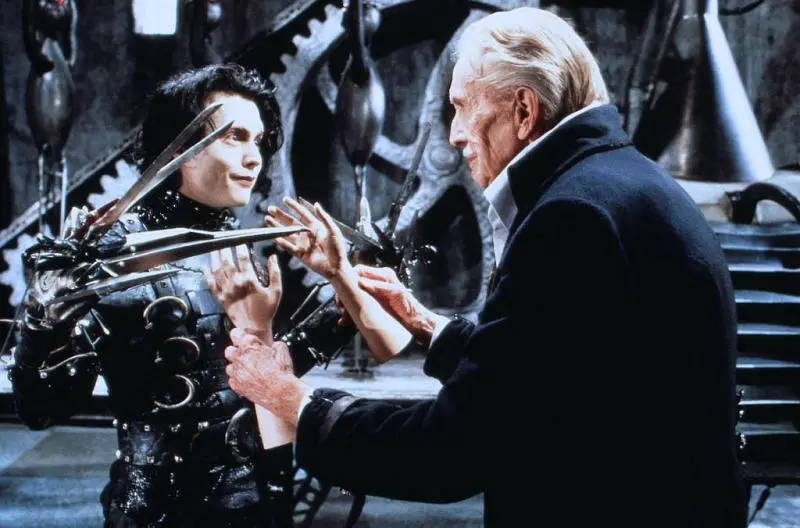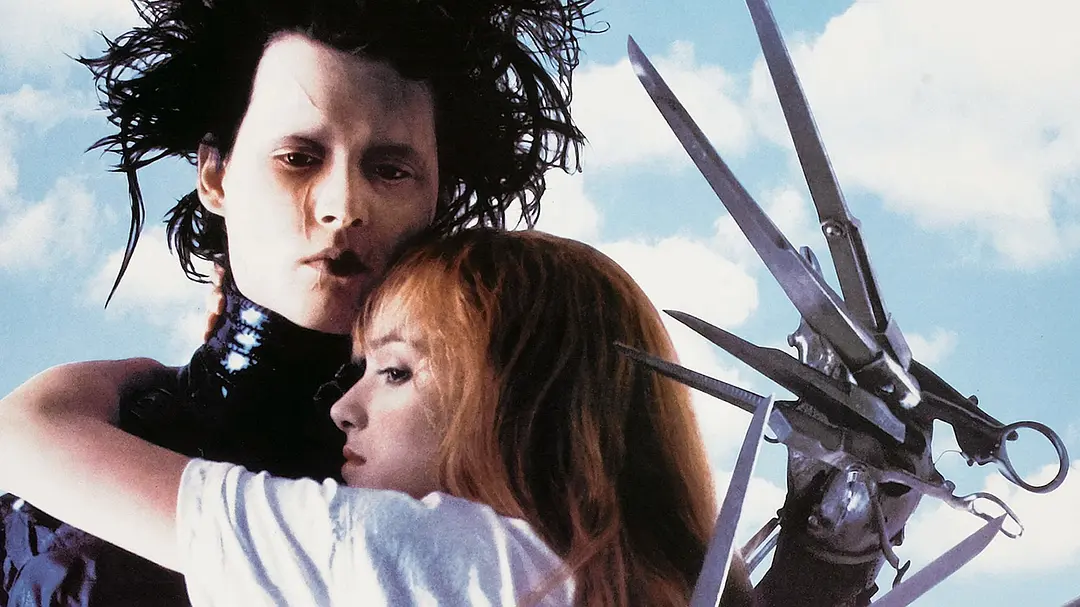Edward Scissorhands: A Timeless Tale of Love and Isolation
The Heart Behind the Blades
At the core of *Elegi Haekal* lies a character who is more than his appearance. Though burdened with scissor-like hands, Haekal embodies pure innocence and kindness. His existence challenges the audience to see beyond physical form and focus on the essence of humanity. The film introduces him not as a monster, but as a deeply misunderstood soul longing for connection. This striking contrast between his external form and internal heart sets the foundation for a story that resonates across generations.
 A Love That Defies Boundaries
A Love That Defies Boundaries
Love in *Elegi Haekal* blossoms under unusual circumstances. When he is taken from his lonely castle into a suburban world, Haekal experiences affection and acceptance for the first time. His tender feelings for Kim, the daughter of the woman who shelters him, portray a romance that is fragile yet deeply genuine. Their relationship unfolds delicately, showing how true love sees beyond flaws and embraces sincerity. This emotional bond becomes the center of the narrative, highlighting the courage it takes to love someone who exists outside society’s norms.
 The Shift from Acceptance to Rejection
The Shift from Acceptance to Rejection
The film carefully portrays how society’s initial curiosity can transform into fear and hostility. Neighbors who once welcomed Haekal’s talents begin to resent his differences when accidents occur. His clumsy attempts to help only magnify his alienation, painting him as a threat instead of a kind-hearted soul. This shift reflects the fragile nature of social acceptance and the ease with which prejudice can overshadow empathy. Through this lens, *Elegi Haekal* critiques the way communities often reject what they cannot understand.
 A Tragic Yet Poetic Conclusion
A Tragic Yet Poetic Conclusion
In the end, *Elegi Haekal* leaves audiences with a bittersweet lesson about love and belonging. Unable to truly integrate into the human world, Haekal returns to his solitude, carrying the memory of love that could never be fully realized. His story is not one of defeat, but of eternal poignancy—a reminder that some hearts are too unique for the world to embrace. The film closes as a modern fable, asking viewers to reflect on compassion, difference, and the invisible boundaries that define human relationships. It remains a timeless elegy, echoing in the hearts of those who believe in love beyond appearances.








